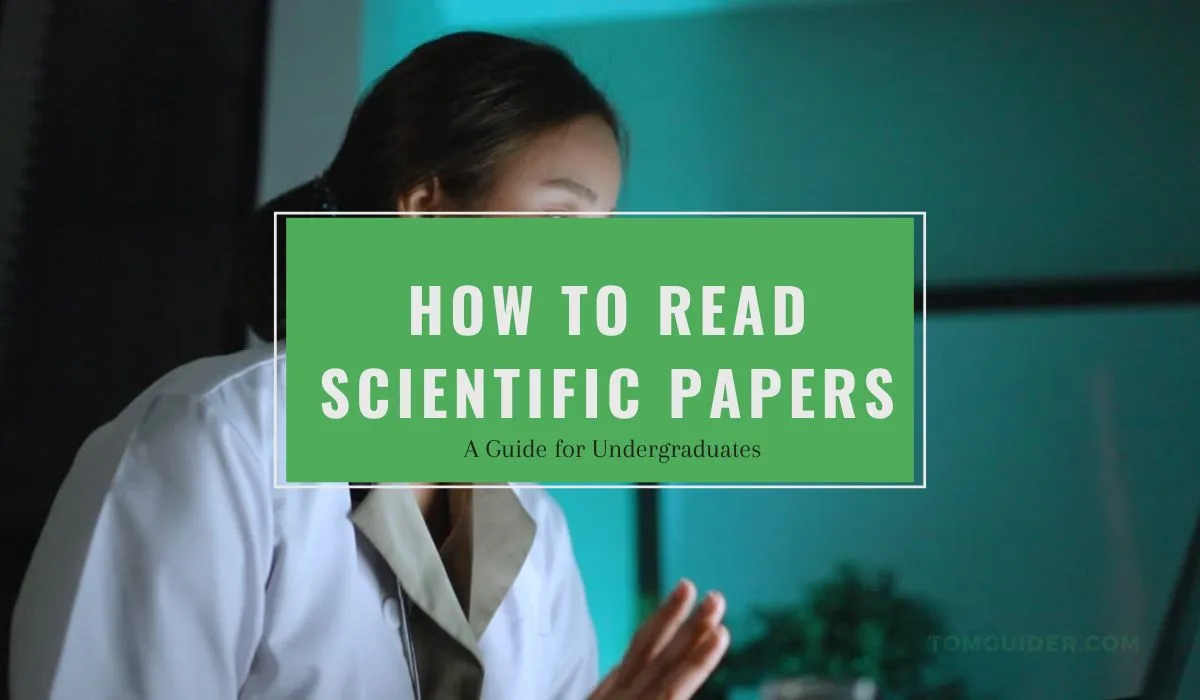Reading scientific papers can be challenging, especially for students new to academia. However, building the skills to read and interpret scientific literature is essential for success in studies and research. This guide offers tips and strategies to help you understand scientific papers, enhancing your comprehension and critical thinking.
Understanding the Structure of a Scientific Paper

Scientific papers generally follow a standard structure, making it easier to find key information. Familiarizing yourself with this format can greatly aid your reading process. Most papers include these sections:
- Abstract: A brief summary covering the study’s purpose, methods, results, and conclusions. This section offers an overview to help you decide if the paper is relevant.
- Introduction: Introduces the research question and background, setting the context and explaining the importance of the study.
- Methods: Describes how the study was conducted, detailing the experimental design, materials, and procedures. Understanding this section is essential for assessing the study’s validity.
- Results: Presents the findings, often with tables, graphs, and statistical analyses. Focus on the data without forming conclusions yet.
- Discussion: Interprets the results, comparing them to previous studies and discussing implications for future research.
- References: Lists all sources cited in the paper. Reviewing these can guide you to more related literature.
Preparing to Read a Scientific Paper
Before starting, select papers relevant to your field of study and set clear goals for what you hope to learn.
Gather tools, like digital note-taking apps or a notebook, to record important points, and highlight key information to aid retention and understanding.
Strategies for Reading Scientific Papers
Effective strategies can make reading scientific papers more manageable:
- Skim First: Begin by skimming the abstract, introduction, and conclusion to get a sense of the paper’s purpose and findings.
- Detailed Reading: After skimming, carefully read the methods and results sections. Take time to understand the data, as it’s central to grasping the study’s contributions.
- Take Notes: Record key concepts, findings, and questions as you read. This reinforces understanding and serves as a future reference.
- Highlight and Annotate: Highlight important information and jot notes in the margins to help you engage with the material and retain more.
Practicing Critical Thinking While Reading
Think critically as you read by evaluating the methodology and data. Ask yourself:
- Are the methods appropriate for the research question?
- Do the results support the authors’ conclusions?
- How do these findings compare with other studies?
These questions will deepen your understanding and help you integrate new insights.
Discussing and Applying Knowledge from Papers
Discussing papers with classmates or professors can enhance understanding. Joining study groups or participating in discussions can add valuable perspectives.
Apply what you learn from these papers in your coursework or research. This reinforces your learning and sharpens critical thinking.
Common Challenges in Reading Scientific Papers
Reading scientific literature can be difficult due to complex language and concepts. Look up unfamiliar terms or jargon, and break down complex ideas into simpler parts. If you feel overwhelmed, take a break and return with fresh eyes.
Resources for Further Learning
If you want to improve your skills, explore additional resources like online courses and workshops focused on scientific literacy and critical analysis. Books on scientific writing and research methods are also helpful.
Conclusion
Reading scientific papers is a valuable skill for undergraduates, allowing you to engage deeply with research and expand your academic knowledge. By understanding paper structure, using effective reading strategies, and thinking critically, you can become proficient in navigating scientific literature.
If you found this guide helpful, share your thoughts in the comments! Your feedback can support others on their academic journey. Regularly visit our website for more tips on mastering your studies and research skills!
